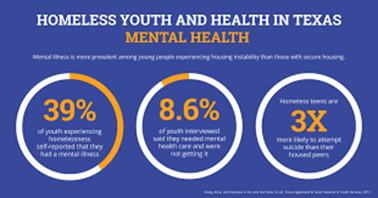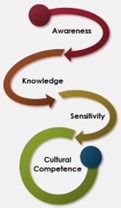A male client is seeking help in a mental health clinic for anger management problems. He voices that he is fearful that his wife may divorce him because of his anger problem, and he is willing to do “whatever it takes’ to control his anger. Later in the week, the client’s wife also seeks assistance because she is going to divorce her husband.
The nurse who is caring for both of these clients tries to decide the correct action to take. The nurse is experiencing:
An ethical dilemma
Value clarification
A moral conflict
A breach of confidentiality
The Correct Answer is A
The nurse is experiencing an ethical dilemma because there are conflicting values and ethical principles that need to be considered in this situation. On one hand, the nurse has a duty to maintain the confidentiality of the information shared by each client. On the other hand, the nurse also has a duty to promote the well-being of each client, which may require sharing information between them.
Additionally, there may be issues of autonomy, justice, and beneficence that need to be considered when deciding on the best course of action. It is important for the nurse to carefully consider all of these factors and make a decision that is in the best interest of both clients while upholding ethical principles.
Nursing Test Bank
Naxlex Comprehensive Predictor Exams
Related Questions
Correct Answer is B
Explanation
Nurses who care for patients who are homeless understand that homelessness is a complex issue and that there are many factors that can contribute to it. While mental illness can be a contributing factor, it is not the only one and not all homeless individuals have a mental illness. It is important for nurses to approach each patient as an individual and to provide care that is tailored to their specific needs and circumstances.

Correct Answer is D
Explanation
In this situation, the nurse is recognizing that the woman is distressed and is showing empathy and understanding by offering her a private space to talk. This allows the woman to express herself freely without feeling judged or embarrassed in front of others. It also shows the nurse's respect for the woman's privacy and her cultural beliefs, which may include the need for modesty and privacy during emotional situations.
Option A is not culturally competent because it dismisses the woman's emotional state and implies that her behavior is abnormal.
Option B assumes that medication is the solution to the woman's emotional distress and does not address her cultural needs.
Option C is not culturally competent because it disregards the woman's feelings and emotions and implies that her reaction is inappropriate.
Overall, cultural competence is about being respectful and sensitive to the beliefs, values, and customs of individuals and communities from diverse backgrounds, and providing care that is tailored to their unique needs and preferences.

Whether you are a student looking to ace your exams or a practicing nurse seeking to enhance your expertise , our nursing education contents will empower you with the confidence and competence to make a difference in the lives of patients and become a respected leader in the healthcare field.
Visit Naxlex, invest in your future and unlock endless possibilities with our unparalleled nursing education contents today
Report Wrong Answer on the Current Question
Do you disagree with the answer? If yes, what is your expected answer? Explain.
Kindly be descriptive with the issue you are facing.
